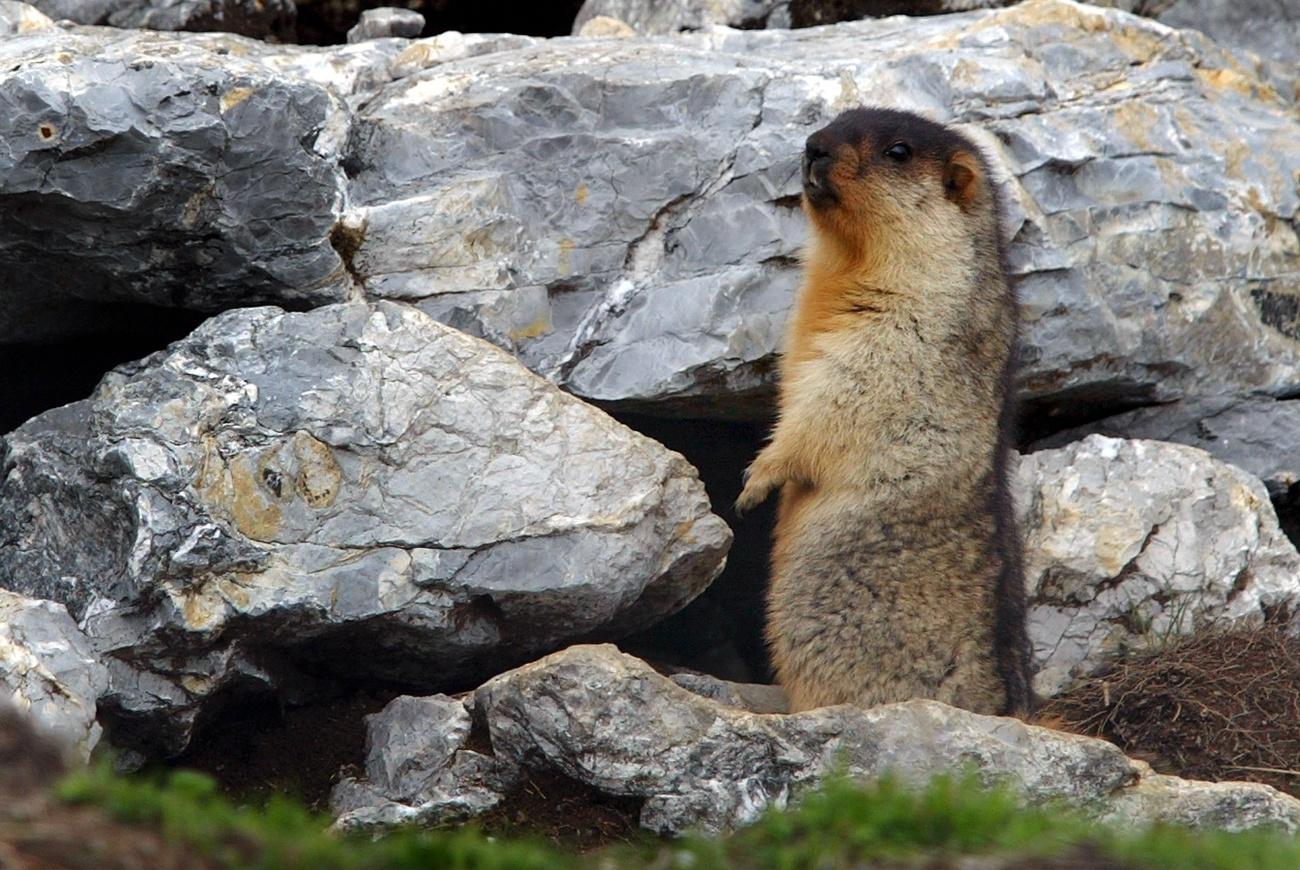
‘Marmot plague’ traps around ten Swiss tourists in Mongolia

The death of two people from plague caused by consumption of marmot meat has obliged the Mongolian authorities to quarantine 158 tourists - including around 10 Swiss nationals.
A 38-year-old Mongolian man and his 37-year-old wife died from plague in the province of Bayan-Ulgii in western Mongolia on May 1. They reportedly contracted the disease after eating infected marmot meat. The health authorities have decided to place all those who could have been in direct or indirect contact with the two victims under “surveillance”.
That’s 158 people, according to the Russian paper Siberian TimesExternal link. The group under quarantine includes tourists from Russia, the United States, the Netherlands, Sweden, South Korea, Germany and Switzerland.
The Swiss Federal Department of Foreign Affairs (FDFA) told the Swiss news agency that “about ten Swiss tourists are currently blocked in western Mongolia, following quarantine measures taken by the local authorities”.
Spokesman Pierre-Alain Eltschinger stated that “according to information available to the FDFA, their health is not in danger and they should be able to leave the region soon. The Swiss representation in Ulaanbaatar is in contact with them as well as with the local authorities.”
According to the Siberian Times, Mongolian health authorities do not believe that the situation is critical or close to an epidemic. However, no end date for quarantine has been set.
If treated in time with antibiotics, bubonic plague can be cured. Between 2010 and 2015, 3,248 cases of plague – including 584 deaths – were recorded worldwide, according to the World Health Organization (WHO).

More
Rare bacterial infection spreading in Switzerland

In compliance with the JTI standards
More: SWI swissinfo.ch certified by the Journalism Trust Initiative
















![The four-metre-long painting "Sonntag der Bergbauern" [Sunday of the Mountain Farmers, 1923-24/26] had to be removed by a crane from the German Chancellery in Berlin for the exhibition in Bern.](https://www.swissinfo.ch/content/wp-content/uploads/sites/13/2025/12/01_Pressebild_KirchnerxKirchner.jpg?ver=a45b19f3)











You can find an overview of ongoing debates with our journalists here . Please join us!
If you want to start a conversation about a topic raised in this article or want to report factual errors, email us at english@swissinfo.ch.